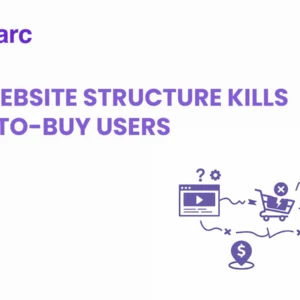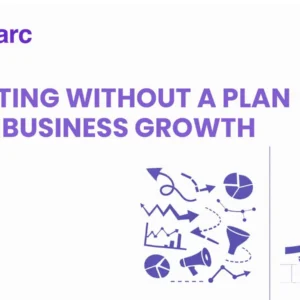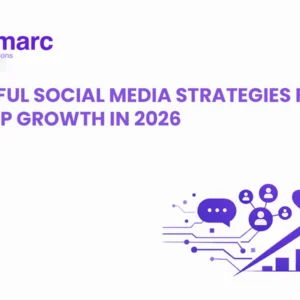Introduction
At Reamarc, we believe in teaching our clients about the complete process of how things work. After COVID-19, businesses are focusing on building a strong online presence. Search Engine Optimization plays a key role in building the organic growth of a website. Understanding how Search Engine Optimization works is essential to running a business. Different industries follow different sets of practices to optimize their websites, however, in this blog, you will learn about our real-world experience.
Understanding SEO: A Brief Overview
Let’s start with the fundamentals of SEO before creating an SEO strategy. SEO improves your website’s ranking in search engine result pages (SERPs). The higher your website ranks, the more organic traffic it is likely to receive.
Conduct a Comprehensive Website Audit
Assess Your Current SEO Performance
Start your SEO plan by giving your website a thorough audit. Look at how your website is doing now and determine what it does well, what it could do better, and where. This audit should look at the website’s speed, how well it works on mobile devices, its on-page and off-page SEO, and the user experience.
Keyword Research and Analysis
Identify Relevant Keywords
Keyword research is one of the most essential parts of SEO. Find out what keywords the people you want to reach are using to look for goods or services like yours. Use tools like Google Keyword Planner, SEM Rush, or Moz to find related keywords that get many searches but have little competition.
Optimize On-Page Elements
Title Tags, Meta Descriptions, and Headers
Use the keywords you found to improve your website’s title tags, Meta descriptions, and headers. Make sure each page has its unique title tag and a Meta description that makes people want to click through. Use the correct header tags (H1–H6) to organize your text and naturally work in keywords.
Develop Quality Content
Create Valuable and Informative Content
In the world of SEO, content is king. Create content that is high-quality, useful, and interesting for your readers. Use the keywords you’ve found intelligently in your writing. Blog posts, articles, infographics, movies, and more can all be used as content.
Improve Website User Experience
Enhance Navigation and Accessibility
SEO depends on users having a good time. Ensure your website is easy to use, loads fast, and can be accessed from different devices. Use clear calls to action (CTAs), easy-to-understand options, and a clean layout to improve the user experience.
Build Quality Backlinks
Establish Authority and Credibility
Backlinks are links from other websites to yours. They show search engines that they can trust and believe your website. Focus on getting high-quality backlinks from websites that are trustworthy and useful. This can be done through guest posting, working with influential people, and joining communities for your business.
Frequently Asked Questions (FAQs)
How long does it take to see results from an SEO strategy?
SEO is a long-term strategy; the results can differ depending on the competition, the business, and how well your strategy works. Usually, it can take a few months to see results.
Is SEO a one-time thing, or must you keep doing it?
SEO is a constant process. Search engines change all the time, and so does your company. To keep and improve results, sites must be regularly updated and optimized.
Can I do SEO on my own for my business, or should I hire a pro?
You can certainly teach yourself simple SEO techniques and use them independently, but if you want a complete and adequate SEO plan, hire a professional or an agency.
Conclusion
For your business to have a good SEO strategy, you must take a holistic approach, including website analysis, keyword research, content optimization, user experience improvement, and building backlinks.
Keep up with the latest SEO trends and change your approach to stay ahead in the digital world. By putting time and effort into an effective SEO plan, your online visibility will go up significantly, which will help your business grow.








